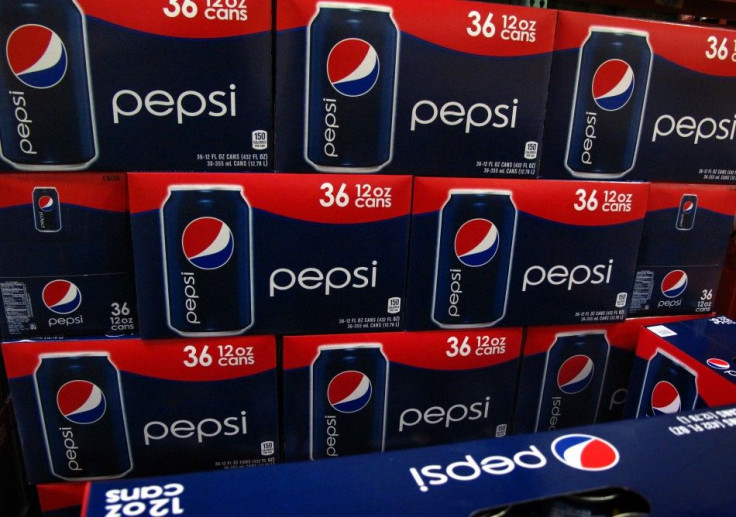Coke And Pepsi Change Recipe To Avoid California Cancer Label: 'We Believe That There Is No Public Health Risk'

Coca-Cola and Pepsi will change their soft drink recipes in order to avoid a law that would put a cancer warning label on every can and bottle.
The new recipe for the coloring in the drinks has less 4-methylimidazole than previous version because California lists the chemical as carcinogen.
While the change will begin in California, the companies plan to roll out the changes across the rest of the country. However, the recipe will not be changed in Britain or the rest of Europe, reported BBC.
Coca-Cola claims, however, there is no health risk that warrants any change to the recipe. They are simply doing it because warning label.
While we believe that there is no public health risk that justifies any such change, we did ask our caramel suppliers to take this step so that our products would not be subject to the requirement of a scientifically unfounded warning, said DianaGarza-Ciarlante said in an email to The Associated Press.
The American Beverage Association, which represents the soft-drink industry, said that the companies will still continue use the same caramel coloring in certain products, but that the adjustments to the recipe will not change the taste.
Consumers will notice no difference in our products and have no reason at all for any health concerns, the association said in a statement.
However, the association also expressed outrage that their members will be forced to change their recipes.
This is nothing more than CSPI [Center for Science in the Public Interest] scare tactics, and their claims are outrageous, said the association in a statement. The science simply does not show that 4-MEI in foods or beverages is a threat to human health. In fact, findings of regulatory agencies worldwide, including the U.S. Food and Drug Administration, European Food Safety Authority and Health Canada, consider caramel coloring safe for use in foods and beverages.
The chemical 4-methylimidazole has been linked to certain forms of cancer in mice and lab rats. However, there is no evidence that it causes cancer in humans, said the American Beverage Association.
A person would need to drink more than 2,900 cans of cola every day for 70 years to reach the lowest dose-levels mice received in the single study upon which California based its decision, said the association. And, the study showed a reduction of tumors in the lab rats tested.
© Copyright IBTimes 2024. All rights reserved.





















